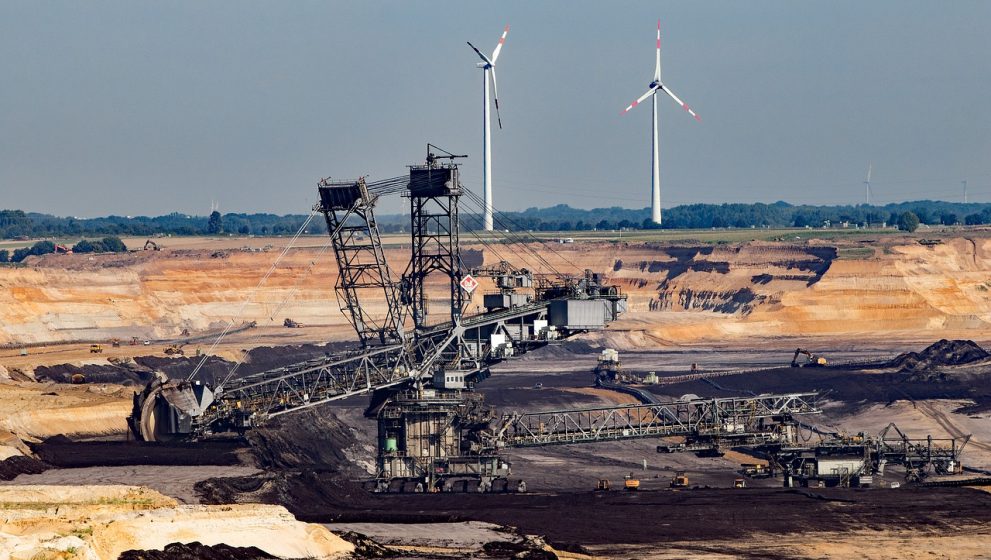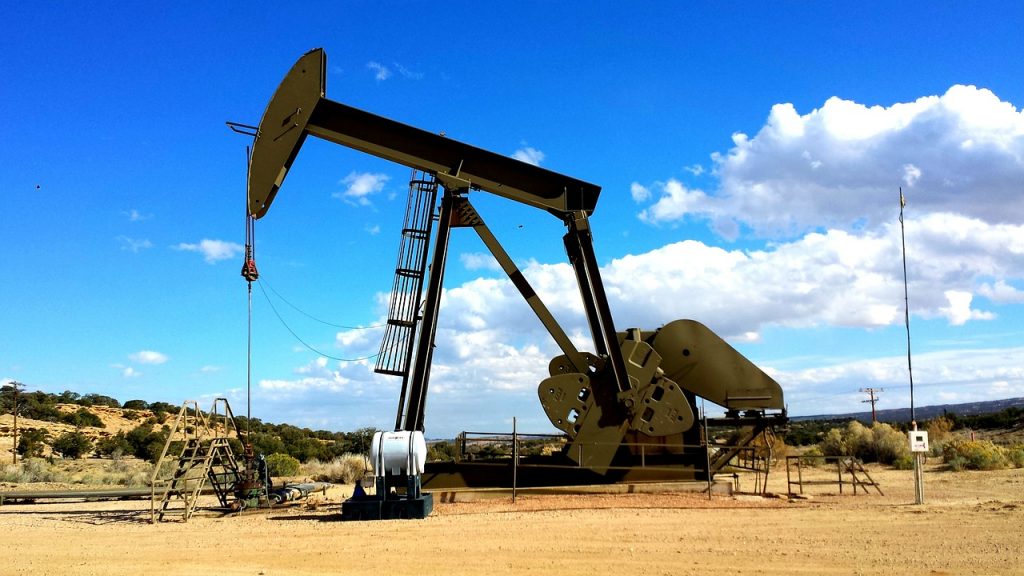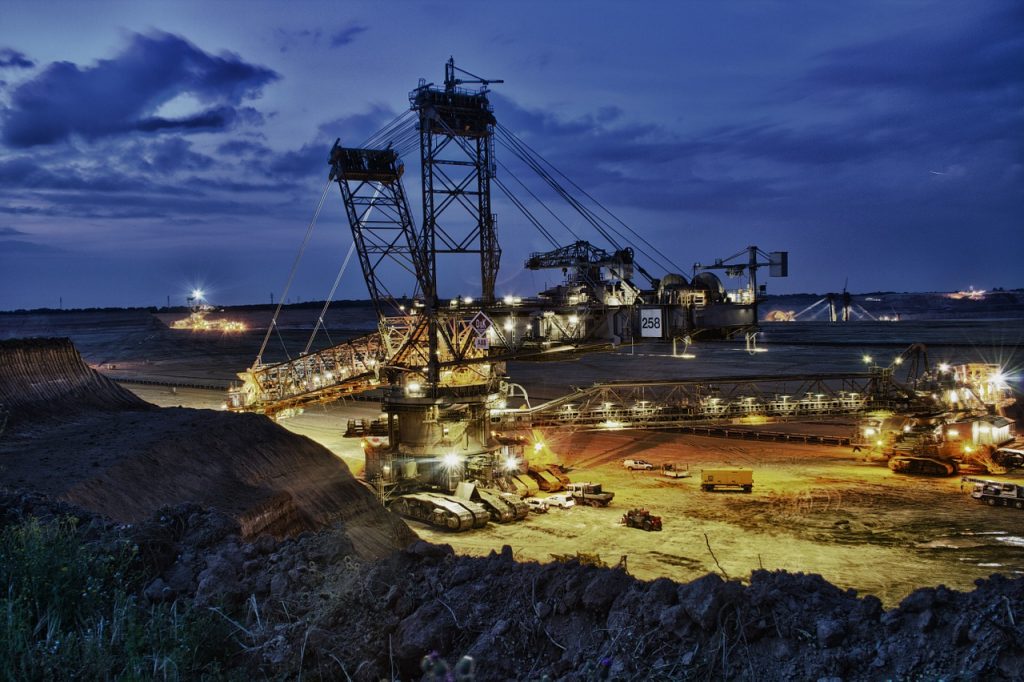Profracking – Why Fracking is Good for the Economy

Due to the innovative technology known as horizontal drilling and hydraulic fracturing, or “fracking,” an energy revolution has been taking place in the U.S. The new drilling technology has allowed energy firms to tap into once prohibitively expensive and difficult to reach shale-rock formation deposits of enormous oil and gas reserves.
Fracking has allowed domestic oil and natural gas production to skyrocket in the past ten years, leading to near record highs in production and numerous benefits that are being deeply felt by regular people — including shareholders and workers — all across the country.
This boom in domestic oil and gas production is not only being felt via lower energy prices for homeowners and other energy consumers; it is driving job growth, lowering the trade deficit and boosting up and promoting faster growth across the entire U.S. economy. Let’s take a closer look at how all of this is happening, starting with jobs.

Employment growth and more national wealth
One metric that is easy to tout but that needs to be mentioned is the huge number of additional jobs across a wide swath of industries that are directly or indirectly due to the growth spurt in domestic energy production.
As articulated in a Manhattan Institute Report, since 2003, oil and gas production has directly accounted for an estimated 400,000 new jobs. Indirectly, the energy revolution has added up to 2 million new jobs in sectors including:
- Construction
- Transportation
- Information technology
Further bolstering this rosy picture is former Federal Reserve Chairman Ben Bernanke’s comments indicating that, since the global financial crisis that started in 2008, about a quarter of all new U.S. jobs can be tied to the energy sector in one way or another. And in another positive sign, the measurable gains from the oil and gas production revolution have served to revive once stagnant and declining industries ranging from steel and manufacturing to petrochemicals.
Change appears permanent
The gains from fracking and horizontal drilling don’t appear to be temporary, either. According to insights from the widely respected business and research firm McKinsey Global Institute, the outlook for American GDP expansion and jobs growth is good, in large part due to the boom in oil and gas production. McKinsey’s study projects that, through 2020, about 2 million new jobs are expected to be added while an additional $700 billion is set to be added to the nation’s overall economic output.
U.S. oil output, hovering at around 9.6 million barrels a day, was nearing the record high of 10 million set in November 1970. This augurs well for the U.S. trade deficit and the country’s energy independence going forward, as the U.S. is relying less and less on foreign oil imports.

Export to other countries
In fact, after a ban on exporting oil that lasted 40 years, lawmakers recently gave the go-ahead for energy companies to begin exporting oil to other nations. This stands as an apt symbol of how the U.S. has taken on a new role –- thanks in large part to the fracking revolution -– as one of the world’s leading producers of oil and natural gas.
Taken together, the boom in domestic energy production that has been facilitated by fracking should be seen as the tremendous shot in the arm that it is. This new normal is driving significant improvements in GDP and job growth, increasing the nation’s wealth. It is also enabling the country to be far less dependent on foreign oil.

